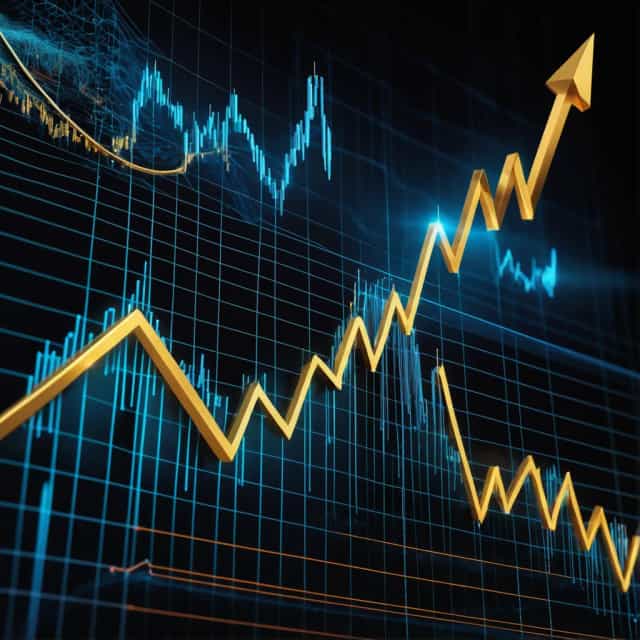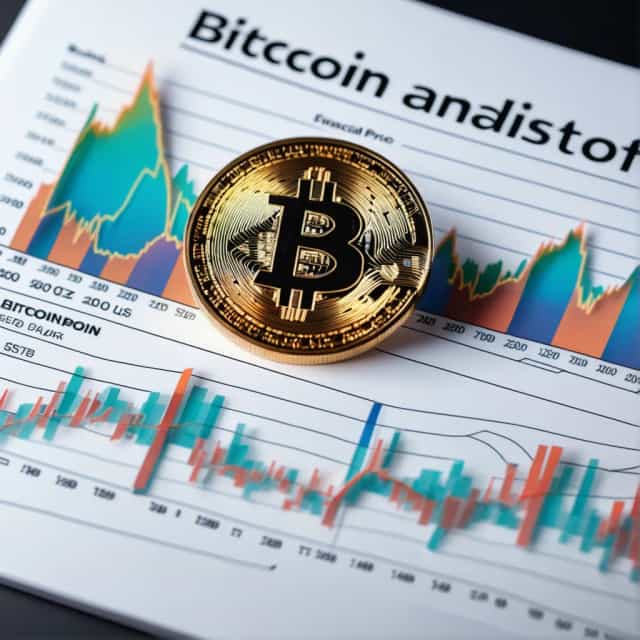
Image source: Block Media
Long-Term Treasuries Rally as U.S. Economic Outlook Dims
Growing Recession Risks Drive Flight to Safe Havens
Long-term U.S. Treasuries are showing strength amid a deteriorating economic outlook for the country. At the start of the year, the market reflected optimism about sustained economic growth, but the current situation has shifted dramatically.
In early 2025, the yield on the 10-year U.S. Treasury note was rising on expectations of continued inflation. However, two months later, while inflation expectations remain unchanged, the outlook for economic growth has waned. Consequently, the bond market is rallying, while equities are under pressure.
The SPDR S&P 500 ETF (SPY), which tracks the S&P 500 Index, has declined by 1.7% year-to-date. In contrast, the iShares 20+ Year Treasury Bond ETF (TLT) has gained 3.9%, reflecting a preference for safe-haven assets.
Gennadiy Goldberg, Head of U.S. Rates Strategy at TD Securities, remarked, “Just a few weeks ago, we were discussing the possibility of a reacceleration of the U.S. economy. Now, fears of the ‘R word’—recession—are being repeatedly raised. The market has quickly shifted from optimism about growth to despair.”
Trump's Trade Policies Amplify Economic Uncertainty
At the core of the changing economic outlook is President Donald Trump's trade policy. The Trump administration has implemented rapid tariff increases, raising concerns about retaliatory tariffs and stoking fears of a global trade war. Additionally, Trump has introduced a series of unpredictable regulations, further heightening economic uncertainty.
President Trump has not entirely dismissed the possibility of a recession. In an interview with Fox News on the 9th, he said, “The U.S. economy is at a turning point. We are bringing wealth back to America, and this is a very significant change.”
Experts Warn of Increased Recession Risks and Potential Stagflation
Although official signals of a recession have not surfaced, experts are analyzing an elevated likelihood of economic slowdown. According to a recent Reuters survey, 91% of economists believe that the Trump administration's erratic trade policies are increasing the probability of a recession.
Jonathan Millar, Chief U.S. Economist at Barclays, warned, “The economic environment is so uncertain that both businesses and consumers are delaying spending. This could lead to a slowdown in growth, or in severe cases, a reversal to negative growth.”
There is also rising concern about ‘stagflation,’ a combination of slowed growth and persistent inflation. Tim Mahedy, Chief Economist at Access/Macro, noted, “While we’re not seeing stagflation on the scale of the 1970s and 1980s, there is a possibility of a 'mini stagcession'—a small-scale recession coupled with stagflation.”
Fed Chair Powell Stresses Economic Strength; Markets Remain Skeptical
On March 8, Federal Reserve Chair Jerome Powell emphasized, “The U.S. economy remains strong,” downplaying the likelihood of a recession.
However, the market interprets falling Treasury yields as a signal that the risks of an economic downturn are being taken seriously. While the actual determination of a recession will depend on the economic indicators released in March, the market has already begun to react preemptively.










